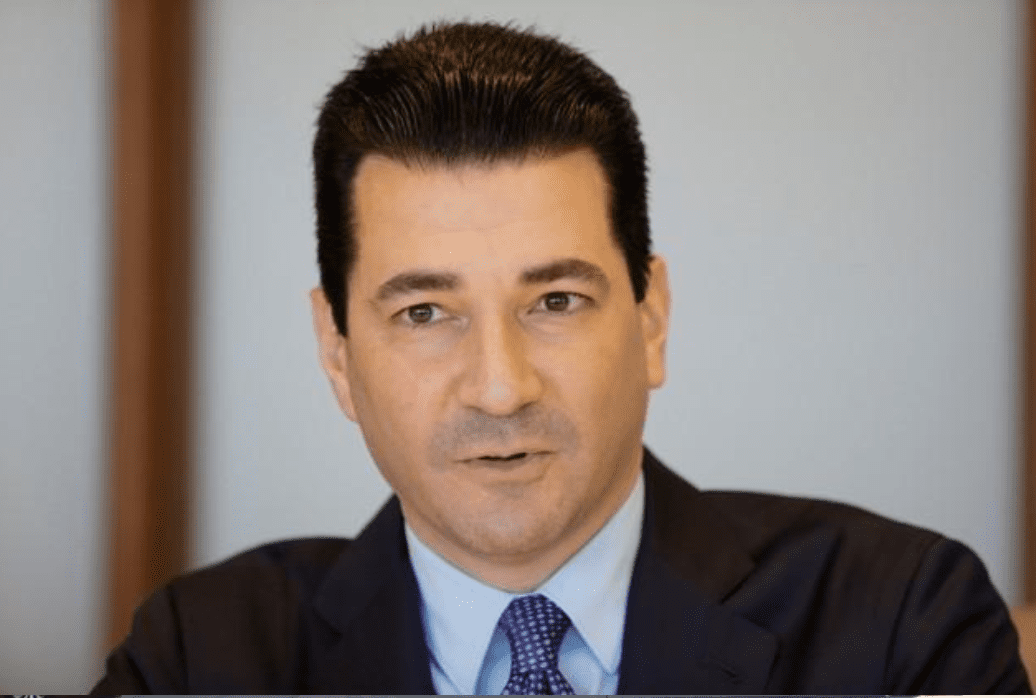The U.S. Food and Drug Administration is trying to create a new fast-lane for certain medical devices, which would reduce the amount of time and testing needed to get new instruments on the market.
FDA Commissioner Scott Gottlieb explained the proposal on his blog midway through December. If implemented, Gottlieb claims that medical device manufacturers could save millions and take years off lengthy trial and development times.
The proposal, writes Reuters, “makes good” on President Trump’s promise to bring down government regulations for the betterment of business. Nevertheless, some healthcare watchdogs were concerned about reducing product safety regulations, noting that dozens of devices are recalled as defective each and every year.
If Gottlieb gets his way, an alternative route to putting products on the market would be created. Doing away with the FDA’s current program, called the 510(k) Pathway, it’d make concessions for companies not already approved for the FDA’s existent fast-lane.
Under the 510(k) Pathway plan, devices have to be moderate risk and be substantially similar to a product already on the market. High-risk products, reports Reuters, such as implantable heart devices, will have to go through a more traditional and rigorous screening before being approved for sale to physicians and the public.
According to Gottlieb, forcing businesses to find a “predicate,” or similar device already on the market, stifles innovation. The commissioner claims that rapidly advancing technology can make it difficult for companies to find an equivalent product, “which can create an obstacle for certain kinds of innovation and lead to inefficiency in the review process.”
If Gottlieb gets his way, the FDA would no longer require businesses to show that their medical devices have a predicate. Rather, they’d be given the option of measuring themselves up against a government benchmark, consisting of performance standards or guidance documents.
Dr. Rita Redberg, a cardiologist with the University of California – San Francisco and editor of JAMA Internal Medicine, said shifting requirements under Gottlieb’s plan has the potential to turn ordinary patients into corporate guinea pigs.
“When we use devices on patients without clinical studies first, the patients effectively become the trial and the insurers become the funder of the device trial,” she said.
Others in healthcare echoed Redberg’s concerns.
“I see a potentially huge problem in moving more risk to the post-approval setting,” said Areta Kupchyk, former associate chief counsel at the FDA. “It’s very difficult once a product has been approved to pull it back.”
Sources
FDA proposes new fast path to market for certain medical devices


Join the conversation!